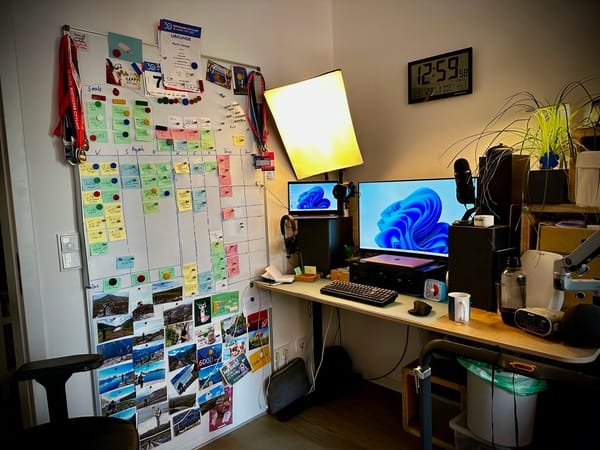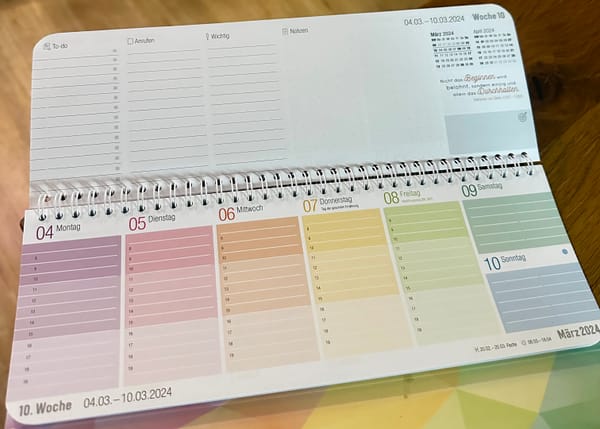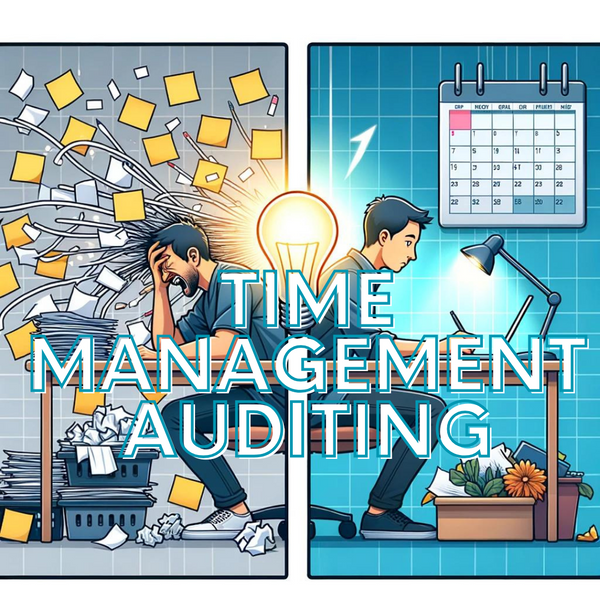You needlessly create problems and crises in your life because you're afraid of actually living it
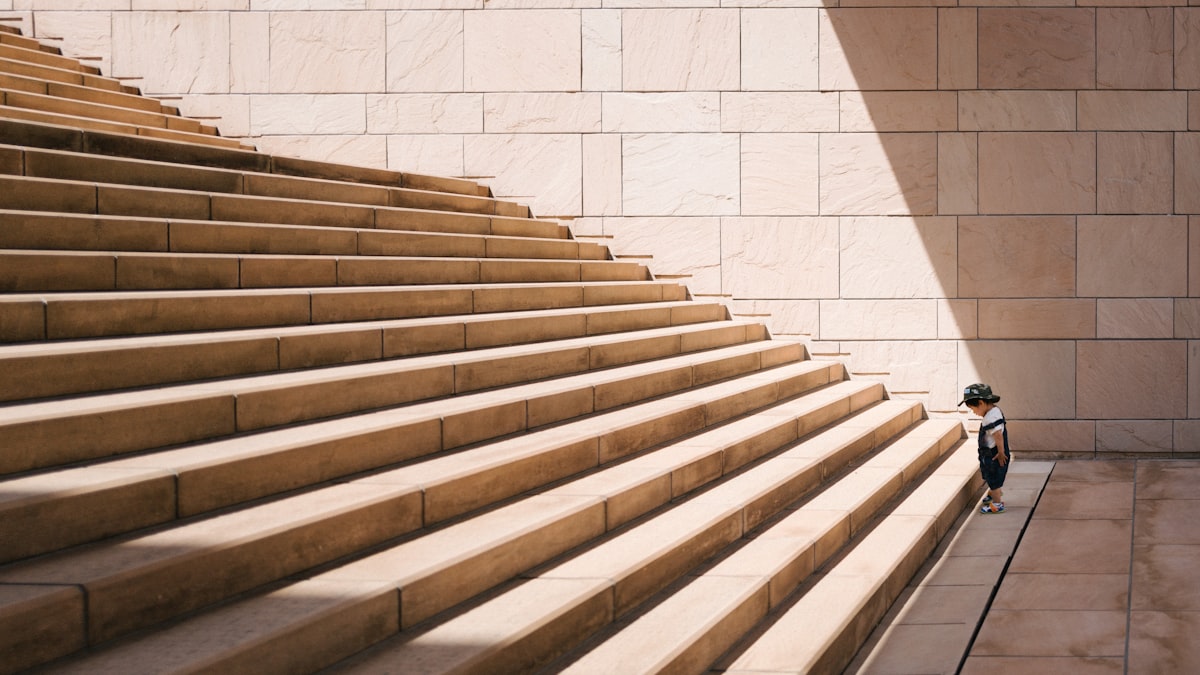
I started reading 101 Essays That Will Change the Way You Think, and I have highlighted nearly all of the first chapter - a promising sign that the book's intent in the title is indeed working (with me).
Here's a quote from that first chapter that I'd like to use as a prompt for this blog article since it resonates so much with me:
"You needlessly create problems and crises in your life because you're afraid of actually living it. The pattern of unnecessarily creating crises in your life is actually an avoidance technique. It distracts you from actually having to be vulnerable or held accountable for whatever it is you're afraid of. You're never upset for the reason you think you are." (from 101 Essays That Will Change the Way You Think)
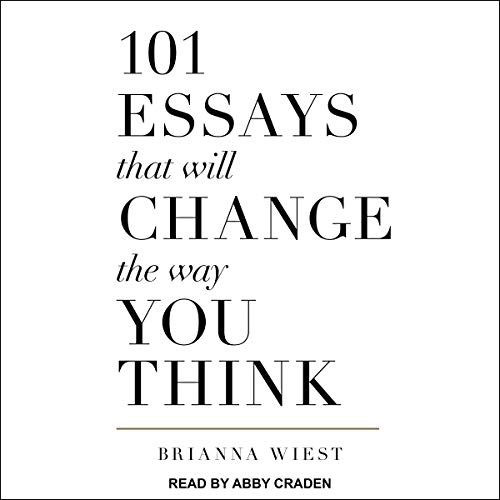
101 Essays That Will Change the Way You Think
Over the past few years, Brianna Wiest has gained renown for her deeply moving, philosophical writing. This new compilation of her published work features pieces on why you should pursue purpose over passion, embrace negative thinking, see the wisdom in daily routine, and become aware of the cognitive biases that are creating the way you see your life.
Thus, creating problems is also a form of procrastination to avoid something you are afraid of. In this case, you avoid not only a work task but your own life. Wow!
I have already observed and recognized this pattern: After stressful work phases, when the goal is reached, the result delivered, and the stress finally falls away from me, I always long to finally live again. But as if by magic, other problems arise immediately, only from different areas of life: I feel disorganized and have to reorganize my productivity setup (routines, notes, tasks management, habits, ...). I feel fat and have to focus more on sports and my diet. The household needs to be put in order. I could (should!) check in with old friends again. I need to do something with my fiancée again. And so on.
It was immediately clear to me that I was fleeing from something. I believed that the ultimate fear of my transience led to the fact that I wanted to spend my life as productively as possible. It would be then evident that the mind, as soon as I have capacity again, uses this capacity to tackle new (or recurring) challenges.
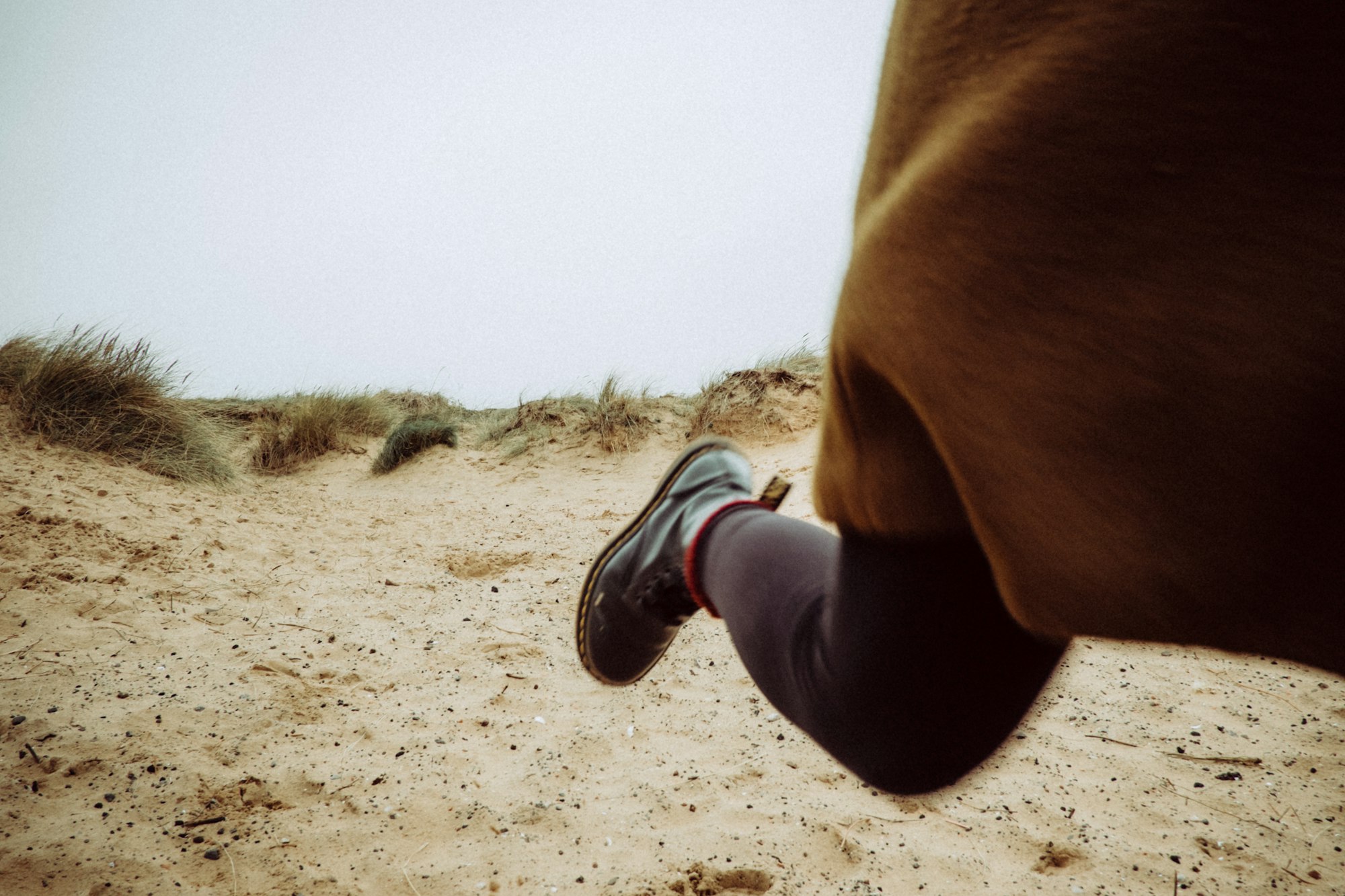
The above quote from the book, however, follows a different angle. It is also about fears, not one's death, but one's life. The fear of living, being, accepting, and enjoying the moment. This would have significant implications for the time-tested chains of reasoning that shape my mindset and lifestyle:
- In the lead-up to this blog, I accuse other lifestyles - those that don't have the creation of value as their ultimate goal (e.g. the Instagram travel life community) - of just pointlessly trying to escape their impermanence. It would now turn out that the productivity-driven lifestyle is just as much an avoidance strategy. Perhaps even more so than the lifestyle examples I give in my other article.
- Honestly, sometimes I think contemptuously (but also fascinated, admiring) about people who live their lives without an obvious goal. They do not try anything new. They don't learn new skills or mindsets. They remain in the status quo and are happy with it (? you never know as an outsider, of course). For example, a friend I have in mind right now once told me that he would prefer to live in some commune with his friends. Just like that. Just live and have those he likes and loves with him. This triggers the immediate reaction that I would never accept such a lack of ambition in myself. Following the above quote, however, would mean that those I look down on are more mature and better off than I am with my seemingly noble meritocracy attitude: they can be happy without any effort. I toil every day to reach happiness at some point, knowing exactly that this point will never be reached, like a carrot under my nose.
- The quote raises an uncomfortable question. What would I want to do if there were no problems to solve and opportunities to leverage? What does my resting state look like? And what is the meaning of life if there is no goal to pursue? Aren't purpose and goals inextricably linked? I can't even answer that for myself at this point. I sometimes think that, like in my early youth, I would prefer to be at home in my quiet chamber with my PC. Chat a bit, software code a bit, experiment a bit. I sometimes think that I would love to play games all day or lie on the couch and read and watch movies. But is this said mindset that would be sought here? The only problem is that when I try it (sometimes voluntarily, sometimes forced by illness), I feel super uncomfortable with it and get bored after a couple of hours. The whole life long, nothing to do, nothing to produce. Where is that going to lead? It can't be the better alternative and lifestyle. It could be that I think wrong about life purposes and missing an important puzzle piece here.
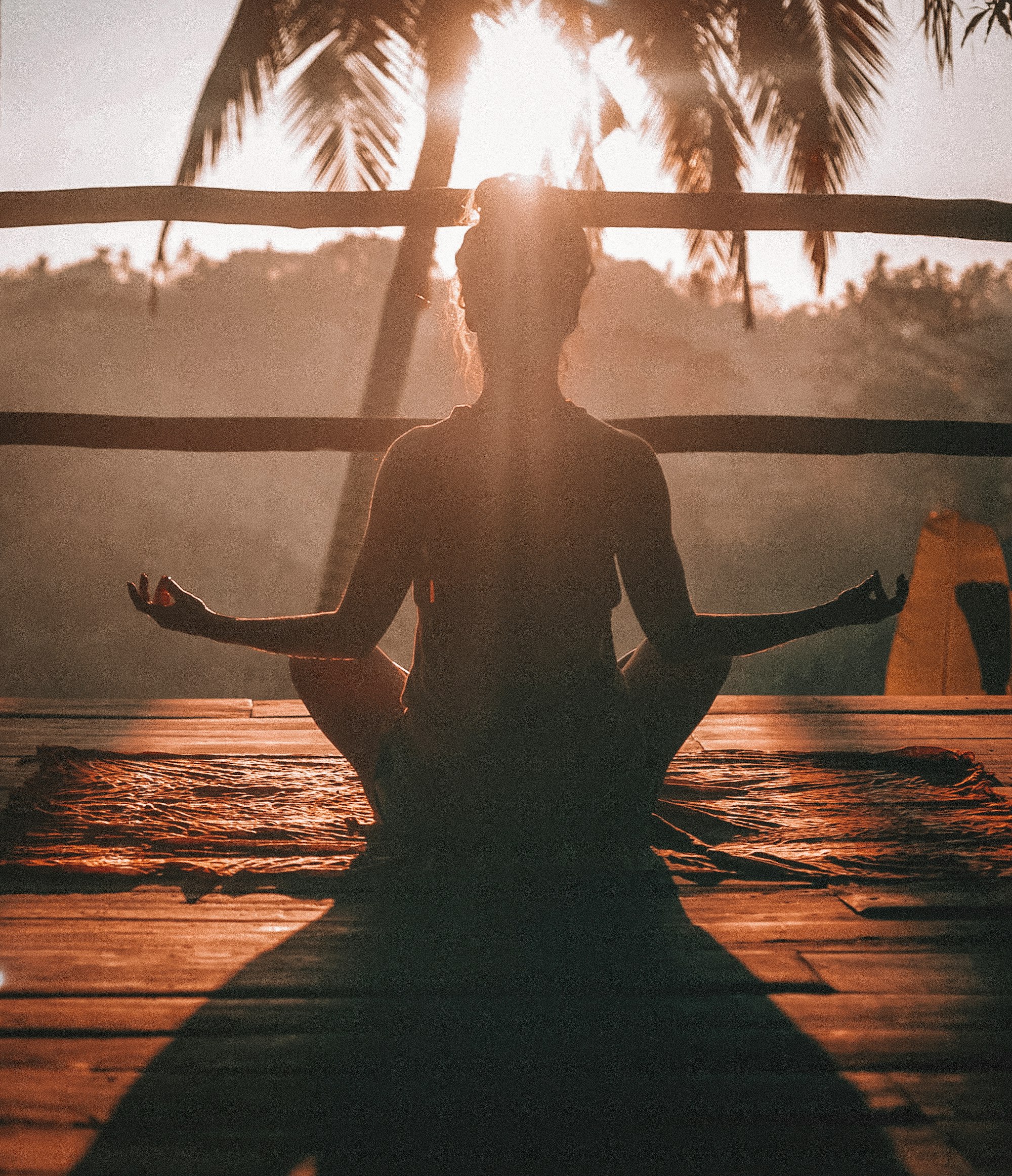
I don't have a life hack or productivity tip for you this time. Just something to think about. This article is probably more for me to gain clarity than for you to gain insight. But since you're on this blog, I assume you think similarly to me and follow a productivity-driven lifestyle. That would mean that the quote would have to trigger similar thought processes in you as it did in me.
Feel free to write about your own thoughts and reflection on this topic in the below comments section or on the Discord Chat.


